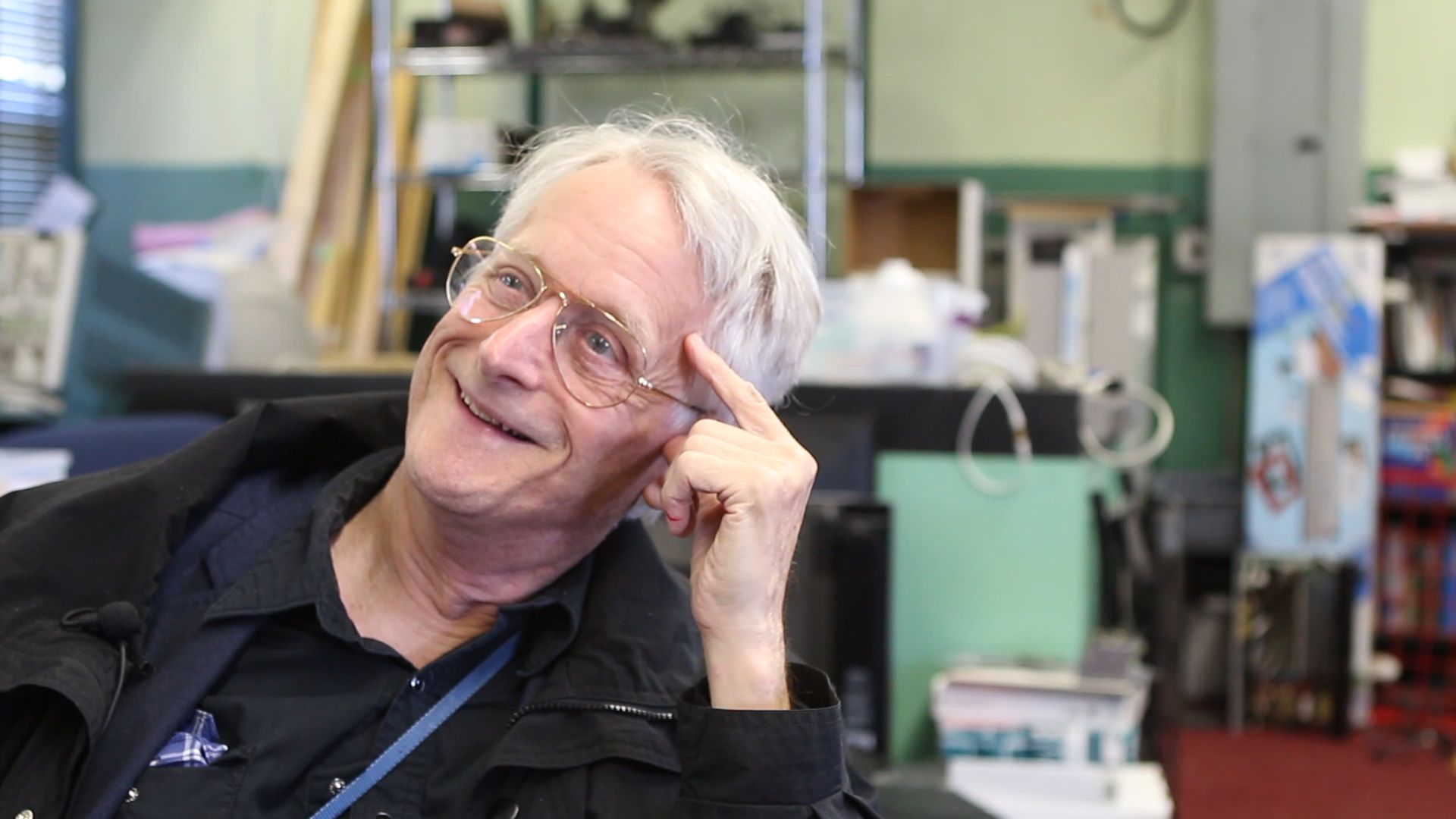Extended Director’s Cut: Ted Nelson on What Modern Programmers Can Learn From the Past
The inventor of hypertext talks about the birth of personal computing, the web, and how to think beyond the currently possible

Editors Note: Due to popular demand, we're releasing this extended version of our interview with Ted Nelson, in which he talks about the work of Douglas Englebart, and in more detail about the origins of Xanadu, and how he views programs as art.
Ted Nelson is one of the original prophets of the information age. In the 1960s he invented the word hypertext, and created project Xanadu, which prefigured many of the elements of the World Wide Web.
Nelson was part of personal computing at a time when it saw itself as an outgrowth of the countercultural movement that flourished in the 1960s. This computing was done either via a terminal to minicomputers, or on microprocessors with transistor counts measuring only in thousands. Back in the summer of 2016, Nelson was a keynote speaker at Vintage Computing Festival East in New Jersey and IEEE Spectrum had the chance to interview him off-stage.
We thought this was a good time to dust off that interview. We’re entering a period when the possibilities and dangers of computing are looming large in our minds, thanks to the explosion of machine learning, debates over the governance of the Internet, the impacts of automation, and unexpected weaknesses revealed by the Spectre and Meltdown hardware bugs. Nelson talks about how he and his fellow pioneers thought the future would be a world of citizen programmers, how the Web omits much of the architecture underlying Xanadu, and his advice for breaking through the current limits to new conceptual ground.
Producer: Celia Gorman
Videographer: Kristen Clark
Stephen Cass is the special projects editor at IEEE Spectrum. He currently helms Spectrum's Hands On column, and is also responsible for interactive projects such as the Top Programming Languages app. He has a bachelor's degree in experimental physics from Trinity College Dublin.